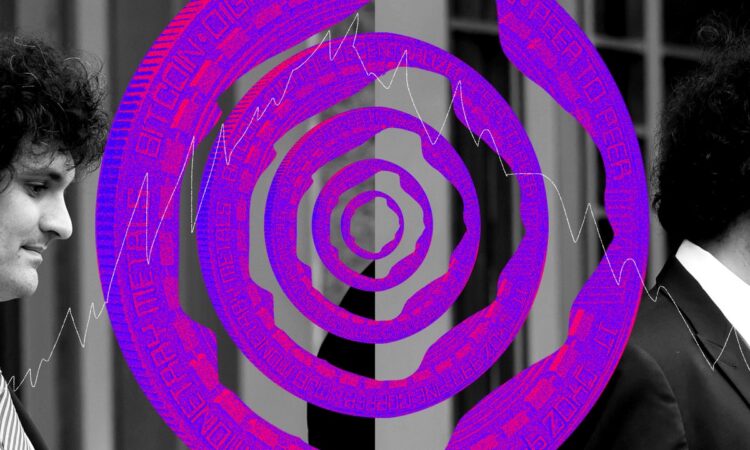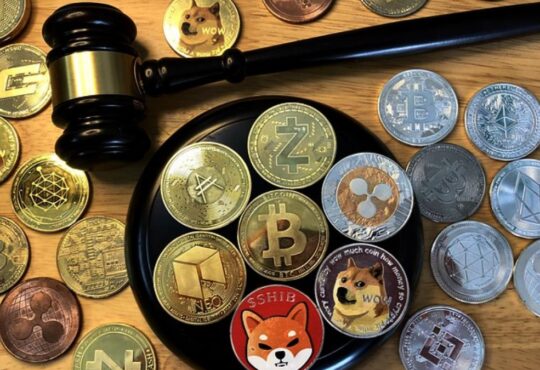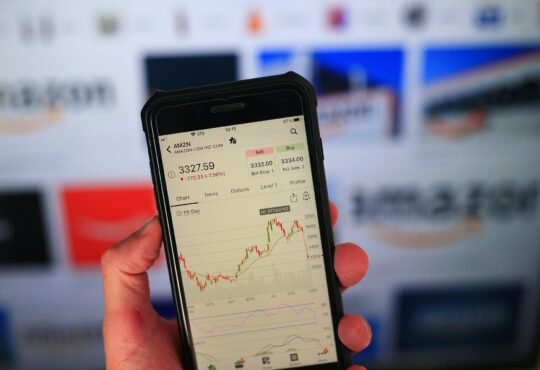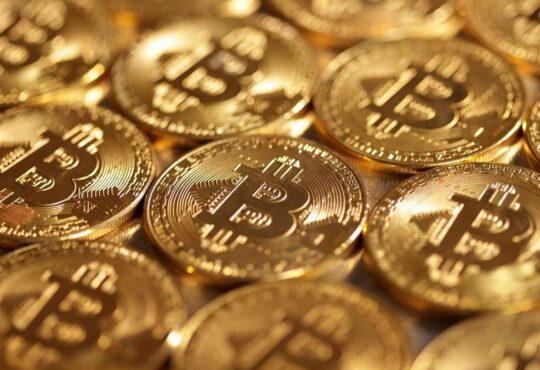
As a result, when FTX went down, the impact rippled out through a much broader ecosystem of payments companies, customers, and partners. “FTX had the investments and roots to support the existing crypto ecosystem,” Sogani says. “About 100 companies must have collapsed just because of FTX.”
Of course, not everyone who traded did so to overcome some structural defect in the local financial system. The number-goes-up culture of crypto boosterism found its mark all over the world. Middle-income countries—or societies where rapid economic growth created bubbles of wealth for one generation, but left the next facing mounting bills and dwindling prospects of leapfrogging their parents’ incomes—seem to have been fertile ground. It helped that some of those places also had regulators that hadn’t yet caught up with the pace of change in the industry, or consumers that weren’t being apprised of the risks. But even in places with reasonably advanced protections, the global nature of FTX’s business meant it could still bring in clients while operating outside of local regulations.
In Indonesia, where crypto adoption has been picking up speed in recent years, trading volumes on FTX reached 106.5 billion rupiah (almost $7 million) in the first 10 months of 2022, according to Tirta Karma Senjaya, head of development at the Commodity Futures Trading Bureau of the Commodity Futures Trading Regulatory Agency (CoFTRA), an Indonesian crypto regulator. According to the regulator, there are nearly 18 million crypto asset investors in the country. After the run on the FTX tokens began, the regulator “took steps to advise crypto traders already registered with CoFTRA to stop trading FTX tokens,” Senjaya says, adding that the supervisory regime has been strengthened since last year.
But FTX wasn’t regulated in Indonesia. “Our rules are very good regarding customer protection,” says Teguh Kurniawan Harmanda, head of ethics at the Indonesian Crypto Asset Traders Association. “FTX operated outside of Indonesian jurisdiction, outside Indonesian rules.”
That people trusted FTX despite its outsider status wasn’t surprising, because the exchange seemed to be stable. It was infrastructure, one of the biggest companies in crypto, with a massive global user base and a founder who was being portrayed in the international press as a genius billionaire. People in the tech sector who might have otherwise been more cautious fell for the company’s image. One startup founder and investor in Indonesia, who spoke on condition of anonymity, says he first got into FTX after reading a paper that Bankman-Fried had coauthored. “I was more interested in the technology,” he says. “The crypto ecosystem was something rapidly changing, and it provided an environment where people could launch a product, a company, really fast.”
“Then it collapsed,” he says, “and the money was gone.” He lost almost 1 billion rupiah, around $65,000, in the FTX bankruptcy. “It hurt, but what actually hurt the most [was] that I’d already recommended [FTX] to at least two of my friends.” They lost hundreds of millions of rupiah. “The moral burden was very, very high.”






